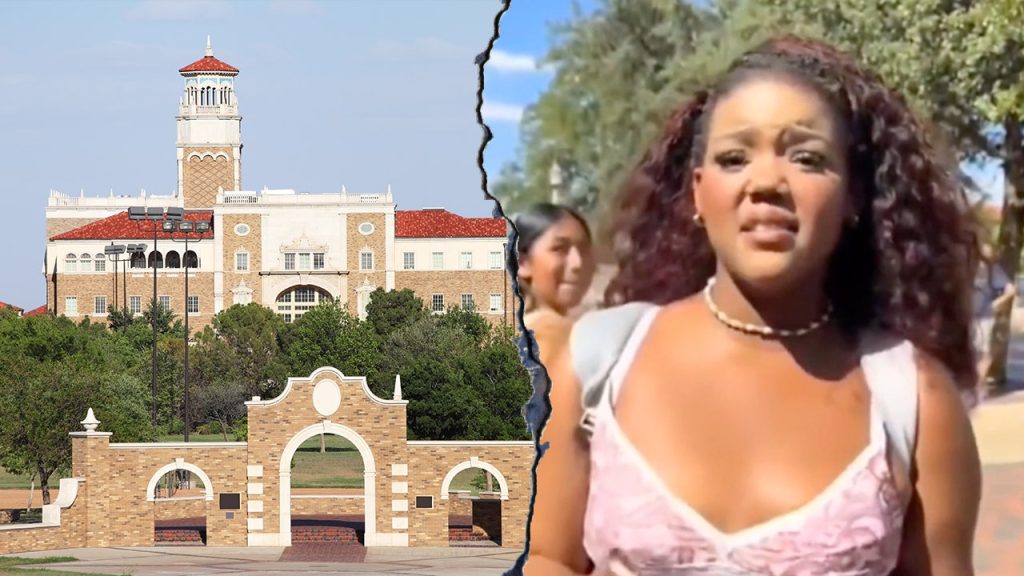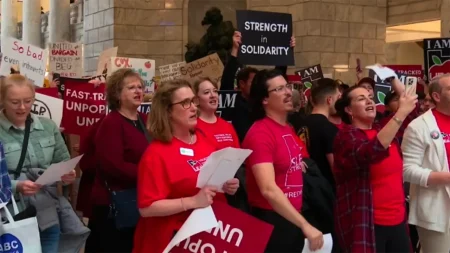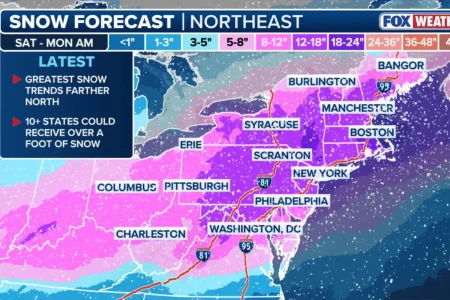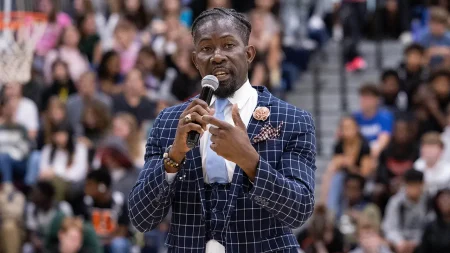Disruptive Behavior at Texas Tech’s Vigil for Charlie Kirk Results in Student’s Arrest and Expulsion
In a troubling display of callousness that has drawn national attention, an 18-year-old Texas Tech University student found herself arrested, jailed, and ultimately expelled after disrupting a campus vigil held for Turning Point USA founder Charlie Kirk. Video footage captured Camryn Giselle Booker shouting inflammatory remarks at mourners gathered near the Student Union Building last Friday, allegedly declaring, “F–k y’all homie dead, he got shot in the head.” The incident quickly escalated into a confrontation with other students, leading to Booker’s arrest on a Class C misdemeanor assault charge – the lowest level of criminal offense in Texas. Following her arrest, university officials confirmed that Booker is no longer enrolled at the institution, emphasizing that such behavior “has no place on our campus.”
The disturbing episode unfolded in what Texas Tech designates as a “free speech area” on campus, where students had assembled to pay respects to Kirk following his assassination. Video footage reveals the hostile interaction between Booker and other students, including a confrontation with a man wearing a “Make America Great Again” hat. When questioned about her hostility, Booker turned her own phone camera toward the man and repeatedly demanded to know why he was being “hateful.” The situation grew increasingly tense as the man requested space, explaining, “I said rest in peace. Just leave it alone. I want to be left alone.” As bystanders became involved, Booker responded defensively to criticism about her emotional state, saying, “Don’t tell me what I am and what I’m not,” and later adding, “You’re calling me aggressive because I’m a Black woman.”
The incident quickly caught the attention of Texas Governor Greg Abbott, who shared an image of Booker’s arrest on social media with the caption: “This is what happened to the person who was mocking Charlie Kirk’s assassination at Texas Tech. FAFO.” This high-level attention underscores the political dimensions of the incident, occurring in the wake of Kirk’s violent death. The Lubbock County Sheriff’s Office confirmed that following her arrest, Booker posted a $200 bond and was released from jail the following afternoon. When approached for comment about the situation, a representative for Booker declined to provide any statement, leaving many questions about her motivations and perspective unanswered.
Texas Tech University released a statement condemning the behavior without specifically naming Booker, citing federal law restrictions on discussing individual student conduct matters. “Any behavior that denigrates victims of violence is reprehensible, has no place on our campus, and is not aligned with our values,” the university stated. “We take all reported violations seriously and address them under university policy and the law.” This response reflects the delicate balance educational institutions must maintain between upholding free speech principles and maintaining respectful campus environments, particularly during emotionally charged moments following tragic events.
The incident at Texas Tech represents a troubling example of how political polarization has infected even solemn occasions meant to honor the deceased. While vigils traditionally serve as moments for communities to come together in shared grief regardless of political differences, this disruption highlights the deep divisions that sometimes prevent such unity. The video’s circulation online has prompted varied reactions, with some viewing the university’s swift action as appropriate enforcement of basic civility standards, while others question the severity of consequences for what some might characterize as protected, if offensive, speech. This tension between free expression and respectful conduct continues to challenge campus administrators nationwide.
What began as a memorial gathering quickly transformed into yet another flashpoint in America’s ongoing cultural and political conflicts. The consequences for Booker – criminal charges, public exposure, and academic disruption – serve as a stark reminder of how momentary actions can have lasting repercussions in an era where virtually any public behavior can be recorded and widely shared. As communities continue to navigate politically charged tragedies, the Texas Tech incident demonstrates both the emotional rawness surrounding political violence and the complex challenges of maintaining respectful discourse during polarized times. Whether this case leads to broader conversations about campus climate and civil engagement remains to be seen, but it certainly underscores the volatile intersection of free speech, political division, and public mourning in contemporary American life.







